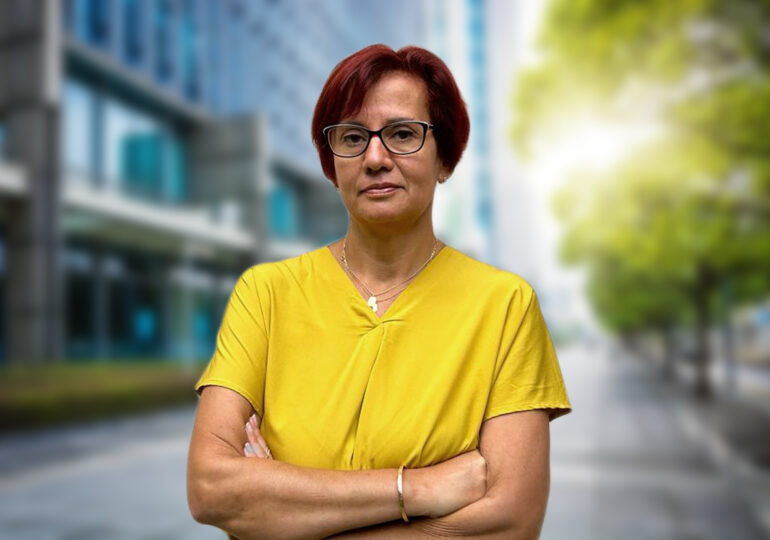Once again, on June 1st, messages from politicians for children flowed, syrupy memories from their own childhood, grand and empty words. Beyond them, the fate of children is truly the last thing that interests the political class and the first thing sacrificed for political interests.
Some examples-arguments:
This means that almost half of the children in Romania have minimal chances to develop physically and intellectually towards a good life in adulthood. Most of this percentage have little to no access to education or extremely precarious access, are exposed to all kinds of violence, some are malnourished. In other words, condemned to marginalization for the rest of their lives.
2.According to the National Authority for the Protection of Child Rights and Adoption, by the end of 2023, over 70,000 children had at least one parent working abroad. Over 11,000 children had both parents gone, of whom 10,000 were in the care of relatives up to the fourth degree, without protective measures. The rest were placed with a foster parent, in placement centers, or other families or individuals.
The data is certainly incomplete, probably far from the total, and mainly refers to school-age children. Little is known about the rest.
Children are left behind by parents pushed to leave due to poverty, lack of opportunities. It is a sacrifice that sometimes removes these children from the 41% at major risk of poverty, but at the cost of traumas and significant lifelong suffering. Often, these experiences lead them to depression and extreme actions.
3. Almost half of Romanian 15-year-old students are functionally illiterate. Only 5% of students achieved very high scores in the PISA 2022 tests, compared to the OECD average of 13.7%, and 33.2% achieved very low scores, compared to the OECD average of 16.4% of students with low performance.
The causes should be sought not only in points 1 and 2, but also in the very poor quality of the Romanian school system, outdated, dusty, designed in the interest of adults and with complete disregard for children's interests in today's world.
The Romanian school is designed and remains so in the new Education Laws designed to favor the tutoring industry, a vested interest group represented up to the top of the Romanian state.
There is no interest, except for a few dedicated teachers, in the individual development of the student, in their aptitudes, in cultivating them.
The Romanian school is a leveling system, like Procrustes' bed, which at best generates mediocrity and from which the only salvation generally comes from substantial financial efforts of parents, an advantage for those who can afford it.
The rest is lost. They will become poorly qualified and cheap labor in developed countries, parents who will abandon their children whom they cannot raise or who will harm them because they cannot read a label, some instructions, understand and remember some directions.
In how many other European countries do children die because they are washed with insecticides on their heads?
4. No matter how hard a parent tries to avoid this, exposing children to toxic models is inevitable. And I am not only referring to those on social media, but also to the models of political success.
Most of the Romanian politicians, some with high positions in the state, embody the lesson that education does not matter.
With high school diplomas obtained after the age of 30, graduates of diploma mills that certify nothing beyond paying the tuition fee, illiterate and inarticulate, lacking in the understanding of terms and minimal coherence in discourse, but full of audacity, liars and unscrupulous, they are the most toxic among models of toxic success.
Some have legitimate education and serious diplomas, but they are still devoid of character, opportunistic, cowardly, mean. No better than the first group.
5.One quarter of children have weight problems, ranging up to obesity. Hence the consequence of cardiovascular diseases and diabetes at increasingly younger ages. The number of children with depression, some severe, is also increasing.
Addressing these issues would imply giving children the chance to play sports, to release energy, to discover other forms of entertainment beyond screens and food. It would require a network of specialized psychological support.
However, these are only accessible with a lot of money, in addition to what is spent on tutoring. Few parents can afford such expenses.
This is the reality for children in Romania, on June 1st and every other day.

